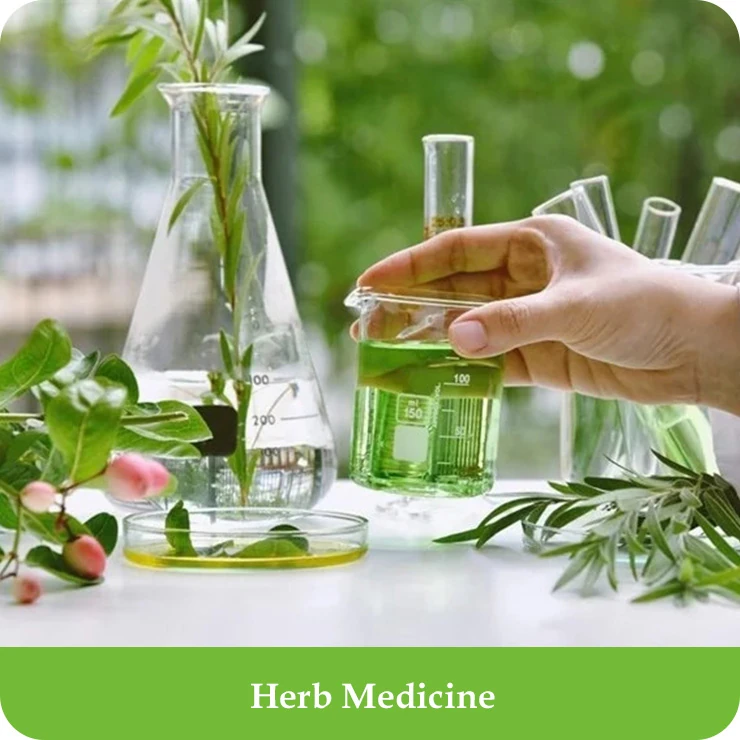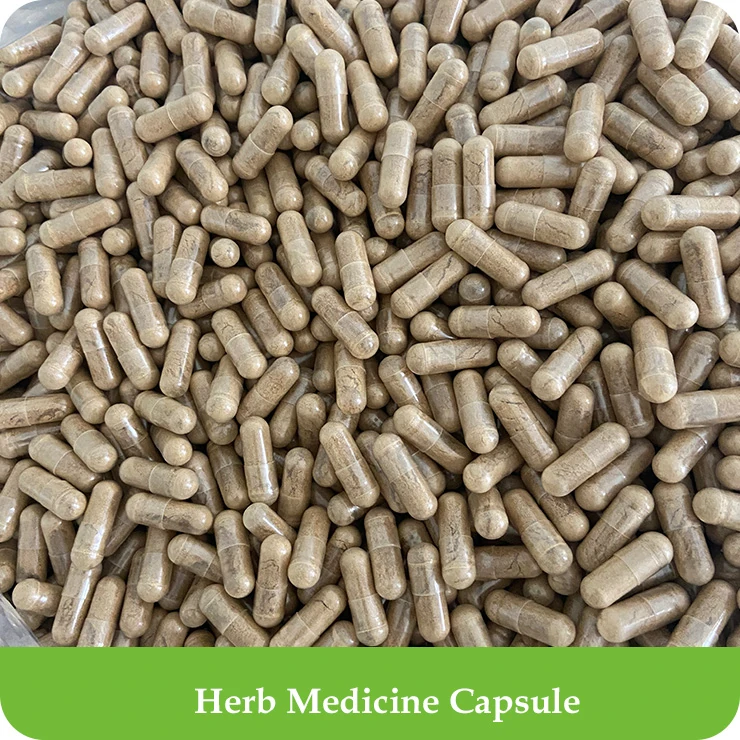Plant herb medicine, also known as herbal or botanical medicine, involves using plants or plant extracts to treat various health conditions and promote overall well-being. This practice is one of the oldest forms of medicine, used by cultures worldwide for centuries. Here are some key points about plant herb medicine:
Types of Herbal Medicine
Traditional Herbal Medicine:
- Ayurveda: An ancient Indian system of medicine that uses herbs like turmeric, ashwagandha, and neem.
- Traditional Chinese Medicine (TCM): Uses herbs such as ginseng, ginkgo biloba, and astragalus.
- Western Herbal Medicine: Focuses on herbs native to Europe and the Americas, like echinacea, chamomile, and St. John’s wort.

Modern Herbal Medicine:
- Phytotherapy: The use of plant-derived medications standardized for therapeutic use, often involving scientific research to validate traditional uses.
Forms of Herbal Medicine
- Tinctures: Alcohol-based extracts of herbs.
- Teas and Infusions: Water-based extracts, often made by steeping herbs in hot water.
- Capsules and Tablets: Dried and powdered herbs encapsulated for convenient consumption.
- Topical Applications: Creams, ointments, and oils made from herbal extracts for external use.
- Essential Oils: Concentrated oils extracted from plants, used in aromatherapy and topical applications.

Benefits of Herbal Medicine
- Natural Healing: Uses natural compounds, potentially reducing the risk of side effects compared to synthetic drugs.
- Holistic Approach: Often considers the whole person (body, mind, and spirit) in treatment.
- Preventative Care: Can be used to prevent illnesses and support overall health.
Commonly Used Herbs and Their Benefits
- Echinacea: Boosts the immune system and reduces the duration of colds.
- Ginger: Aids digestion and reduces nausea.
- Turmeric: Contains curcumin, which has anti-inflammatory and antioxidant properties.
- Peppermint: Eases digestive issues and relieves headaches.
- Valerian Root: Promotes relaxation and improves sleep quality.
Considerations and Precautions
- Quality and Purity: Ensure herbs are sourced from reputable suppliers to avoid contamination.
- Dosage: Follow recommended dosages to prevent adverse effects.
- Interactions: Herbal medicines can interact with prescription drugs, so consult a healthcare provider before starting any new treatment.
- Allergies: Some people may be allergic to certain herbs.
Regulation and Standards
- In many countries, herbal medicines are regulated to varying degrees to ensure safety and efficacy. For example, the European Medicines Agency (EMA) and the Food and Drug Administration (FDA) in the U.S. have guidelines and regulations concerning herbal products.
How to develop Traditional Chinese Medicine (TCM)
- Scientific Research and Evidence Support
- Clinical Research: Conduct rigorous clinical trials to verify the safety and efficacy of Chinese herbal medicines and TCM treatments. These studies can help establish scientific evidence for TCM practices.
- Basic Research: Explore the mechanisms of action of active components in Chinese herbs at the molecular and cellular levels.
- Data Sharing: Create databases for TCM research to facilitate global cooperation and data sharing.
- Standardization and Quality Control
- Herb Standardization: Develop and promote quality standards for Chinese medicinal herbs to ensure consistency and purity.
- Manufacturing Standards: Implement Good Manufacturing Practices (GMP) to ensure the safety and quality of TCM products.
- Certification and Regulation: Strengthen the accreditation and regulation of TCM products to ensure they meet safety and efficacy standards in the market.
- Education and Training
- Professional Education: Improve the level of TCM education to train more professionals with both scientific literacy and practical skills.
- Continuing Education: Provide ongoing professional development opportunities to ensure practitioners are up-to-date with the latest research and treatment techniques.
- International Cooperation: Promote international cooperation in TCM education to facilitate global dissemination and exchange of TCM knowledge.
- Application of Modern Technology
- Information Technology: Utilize big data and artificial intelligence to analyze clinical data in TCM, optimize treatment plans, and enhance diagnostic and treatment accuracy.
- Biotechnology: Use genomics, metabolomics, and other modern biotechnologies to study the mechanisms of Chinese herbs and develop new medicines.
- Telemedicine: Expand TCM services through telemedicine platforms, especially in remote and underserved areas.
- International Development
- Global Promotion: Participate in international medical conferences and exhibitions to promote TCM culture and products.
- Policy Support: Advocate for the recognition and support of TCM by governments worldwide to legalize and standardize TCM practices globally.
- Cultural Exchange: Enhance global understanding and recognition of TCM through cultural exchange activities.
- Integration and Innovation
- Integrative Medicine: Promote the integration of TCM with Western medicine to develop a model of integrative medicine that leverages both strengths, improving patient outcomes.
- Innovative Research: Encourage innovative research on TCM theories and practices to develop new herbal formulations and treatment methods.
Herbal medicine is a diverse and rich field that combines traditional knowledge with modern research. It offers a natural alternative for treating various health conditions, though it’s essential to approach it carefully, ensuring quality and consulting with healthcare professionals when necessary.
We think TCM can better develop and spread globally, becoming an indispensable part of the global healthcare system and making greater contributions to human health.







